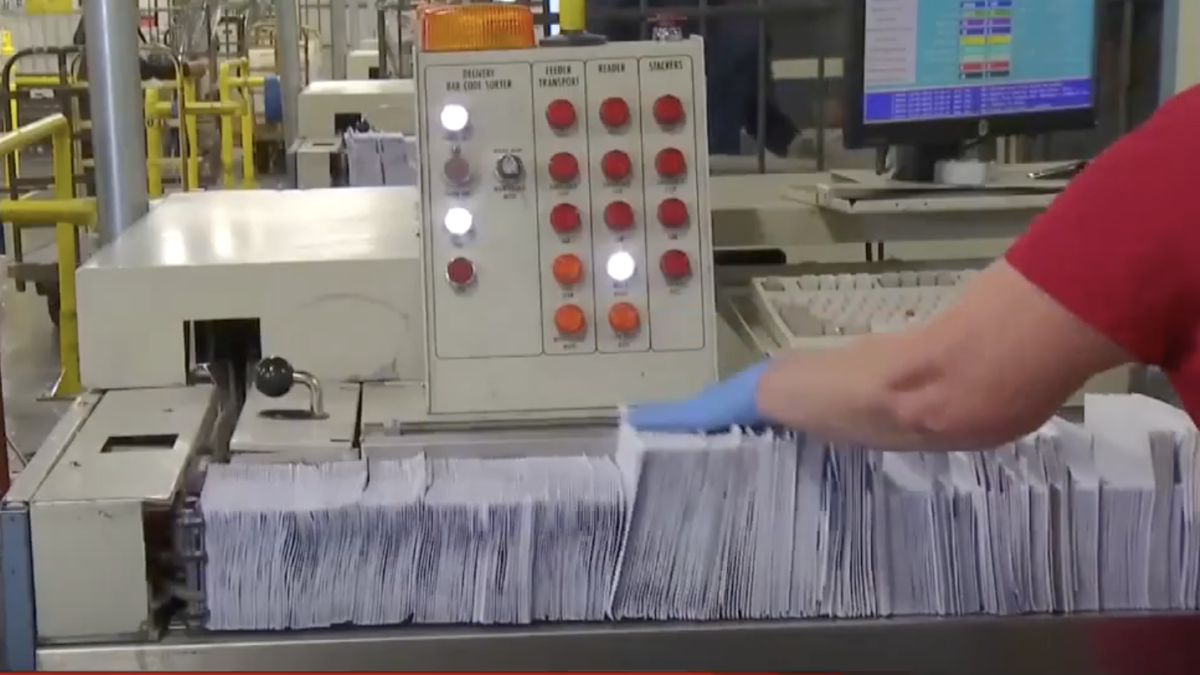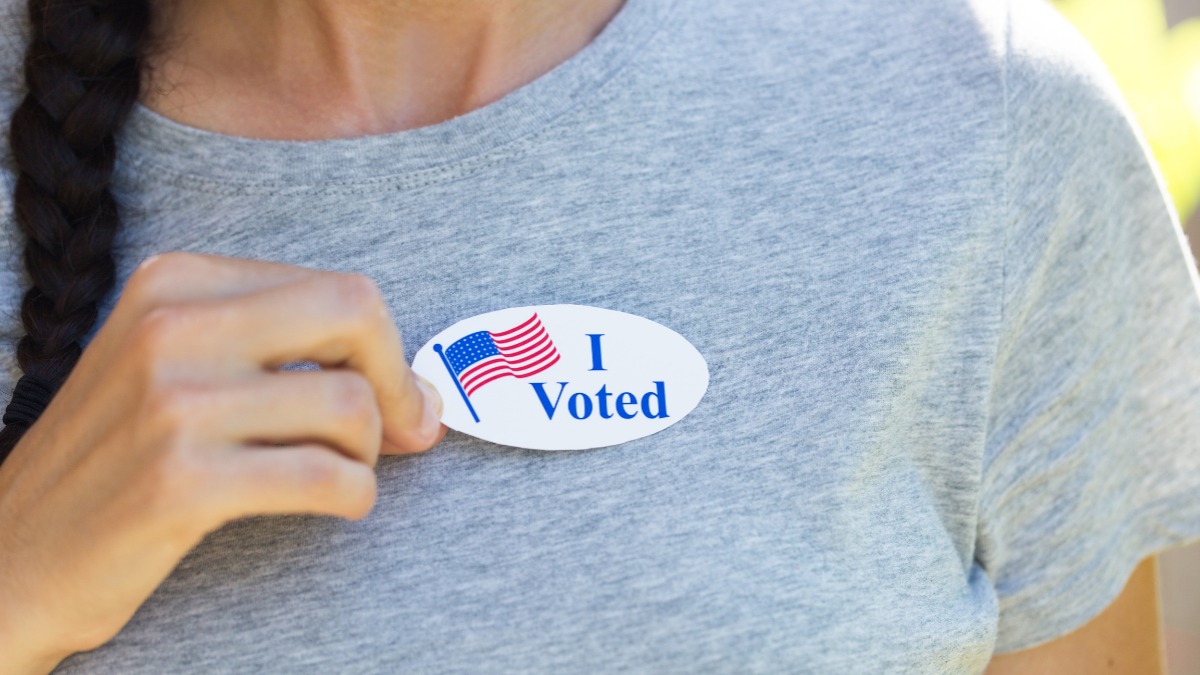Alabama’s top election official announced on Monday that the state has developed a new election integrity database designed to maintain clean and accurate voter rolls.
“We are the first state in the nation to implement a system like this,” Secretary of State Wes Allen said during a press conference. “I am confident that we … will have the cleanest voter rolls that we have ever had.”
Known as the Alabama Voter Integrity Database (AVID), the new system relies upon coordination with several entities that work collectively to ensure Alabama’s voter registration lists don’t include ineligible voters, such as those who have moved or are deceased. According to a fact sheet released by Allen’s office, two of these entities include the Alabama Law Enforcement Agency (ALEA) and the U.S. Postal Service’s National Change of Address list.
While the former coordinates with Allen’s office to identify Alabama voters “who have moved and obtained a driver’s license or non-driver ID in another state,” the latter’s data is compared with the state’s existing voter registration lists to pinpoint voters who have moved outside of the state. As of Sept. 18, Allen’s office had used ALEA’s data to identify more than 8,000 registered voters who received driver’s licenses from other states and used USPS’s data to identify “more than 30,000 active registered voters” who no longer live in Alabama.
Among AVID’s other core tenets is the Social Security Death Index, which Allen’s office will use to find individuals on the state’s voter rolls who have passed away, “regardless of the state in which they died and immediately remove them from our voter rolls.” Alabama will also form individual partnerships with other states to cross-reference voter roll data and “identify individuals who are registered to vote in Alabama but who are also registered to vote in another state.”
According to Allen, Alabama has signed memorandums of understanding with five other states — Arkansas, Florida, Georgia, Mississippi, and Tennessee — and will look to finalize similar arrangements with other states in the future. Regarding its agreement with Tennessee, Allen said that an analysis of the two states’ voter roll data has already revealed 8,501 individuals “who have more recently registered to vote, or voted in Tennessee, but continue to appear on Alabama’s voter registration list.”
Ohio also recently launched similar agreements with Florida, Virginia, and West Virginia.
According to Allen, AVID will act as a replacement for the Electronic Registration Information Center, or ERIC. As The Federalist previously reported, ERIC is a widely used voter-roll management group founded by Democrat activist David Becker that was “sold to states as a quick and easy way to update their voter rolls.”
In actuality, ERIC’s membership agreement places a higher priority on registering new voters than cleaning up existing voter rolls. The program inflates voter rolls by requiring member states to contact eligible but unregistered residents and encourage them to register to vote. As Victoria Marshall wrote in these pages, ERIC mandates states engage in voter list maintenance “only after [they have] independently validated” the data they receive from the organization. In other words, “if a state does not independently validate the ERIC data, it is not required to clean its voter rolls.”
Following his election in the 2022 midterms, Allen announced that Alabama would be leaving ERIC, a promise he kept upon assuming office earlier this year. According to an office press release, Allen “expressed concerns over a private organization having access to the private data of Alabama citizens, including the driver’s license numbers, contact information and partial social security numbers of minors.”
While regime-approved media have often dismissed Republican election officials’ concerns about ERIC as “conspiratorial,” such coverage has neglected to mention the organization’s connection with another Becker-founded group: the Center for Election Innovation and Research. Otherwise known as CEIR, this nonprofit was one of two left-wing groups that poured hundreds of millions of dollars from Meta CEO Mark Zuckerberg into local election offices leading up to the 2020 election.
These “Zuckbucks” were ultimately used to push sloppy Democrat-backed voting practices, such as mass unsupervised mail-in voting and the use of ballot drop boxes. Analyses have shown these funds were heavily skewed toward Democrat municipalities, especially in swing states, effectively making them a giant Democrat get-out-the-vote operation.
As The Federalist has reported, CEIR enjoys an active relationship with ERIC, which transmits the voter-roll data it receives from states to CEIR. Upon receiving this data, CEIR then crafts “targeted mailing lists and sends them back to the states to use for voter registration outreach.” This means that CEIR — a highly partisan actor with ties to left-wing activism — is developing lists of potential (and likely Democrat) voters for states to register in the lead-up to major elections.
In addition to Alabama, other states that have withdrawn from ERIC include Texas, Ohio, Iowa, Virginia, Florida, Missouri, and West Virginia.








